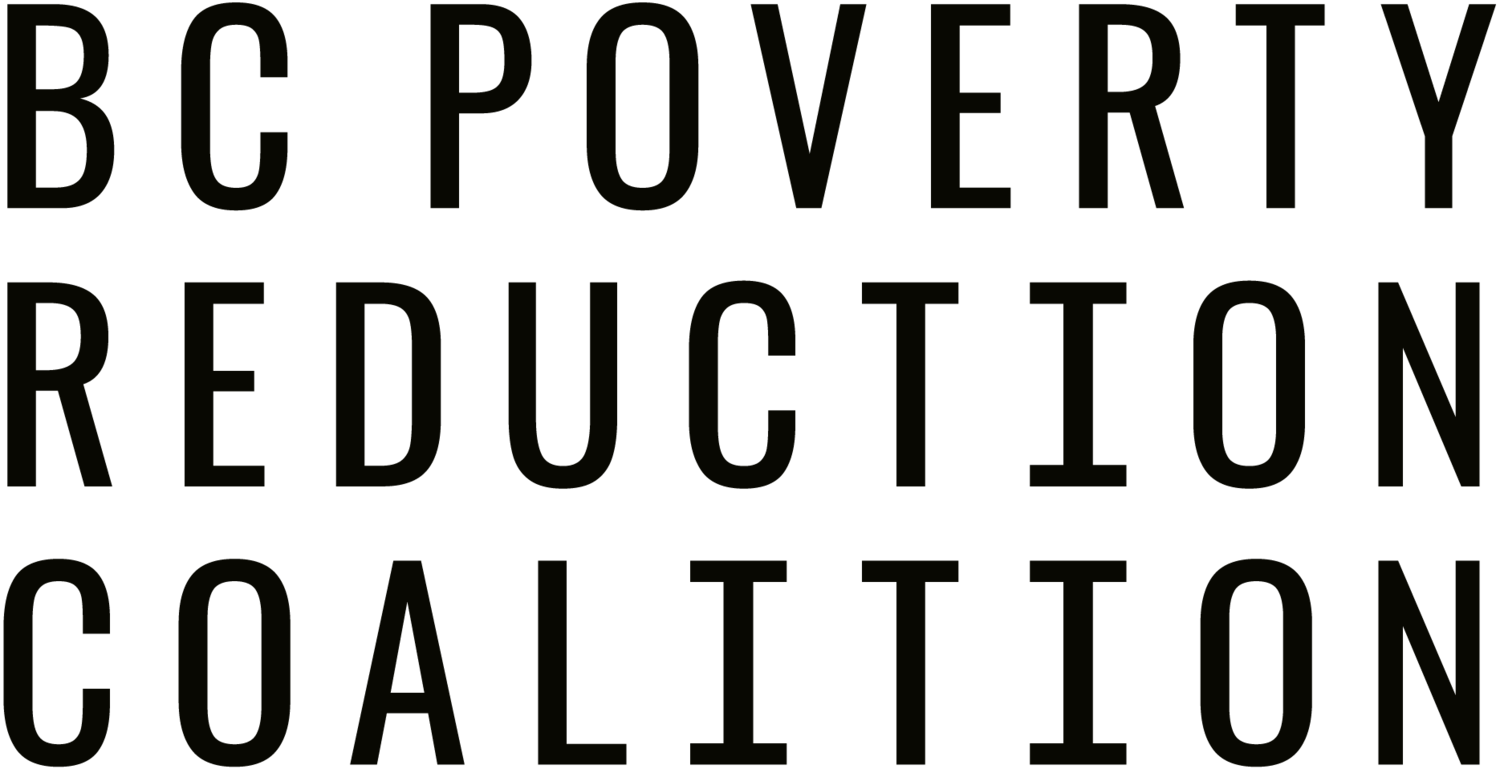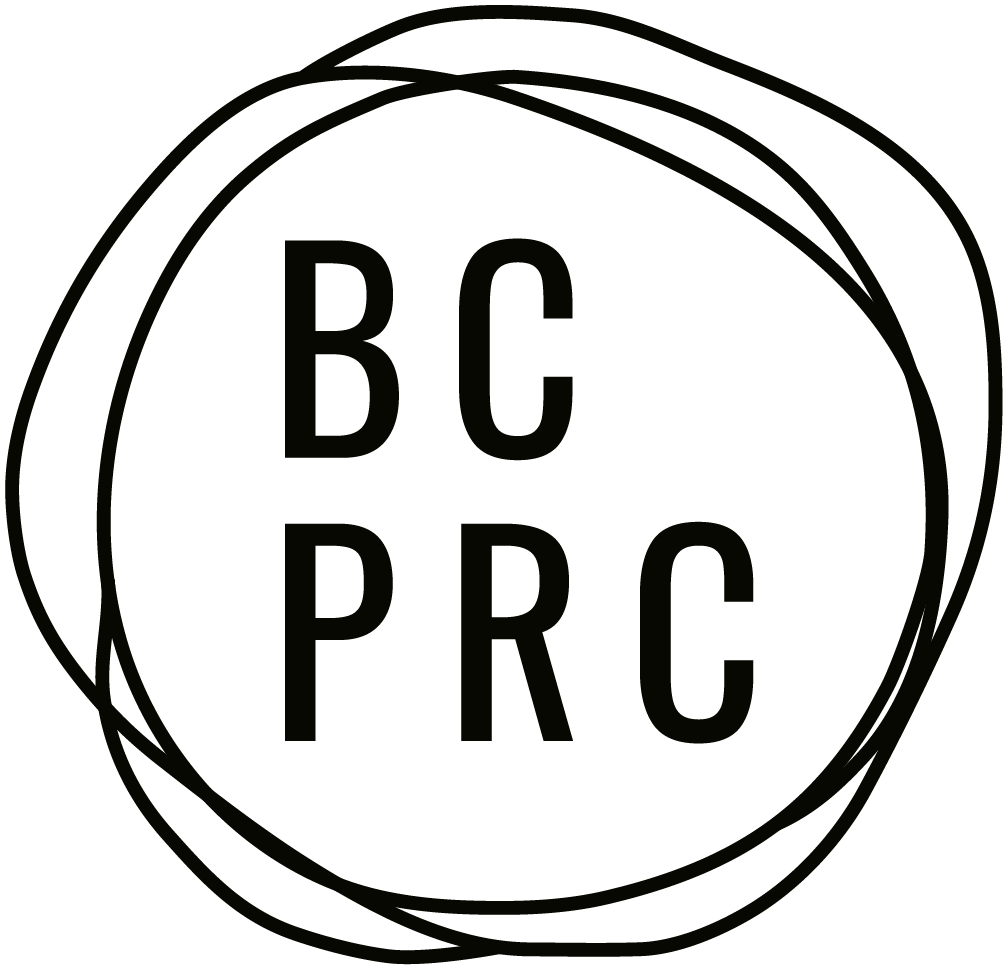Call to action: Ensure Transit as a Public Good
Safety and equity are a primary concern when considering the loss of TransLink services.
Sent on March 6, 2025 to Premier David Eby, Minister of Finance Brenda Bailey, and Minister of Transportation Mike Farnworth
Written by Chantelle Spicer, BC Poverty Reduction Coalition
Minister Farnsworth’s mandate letter lays out the responsibility to ensure that our provincial transit services are being delivered in a way that is cost-effective for taxpayers, and responsive to the concerns of transit riders. In reviewing the 2025 BC Budget, the government has failed to address the need for transit as a poverty reduction measure or to ensure that Translink can continue providing the service necessary to get workers, students, and residents to the places they need to go. As noted by Movement, BC Budget 2025 did not address the risk of excruciating cuts to Metro Vancouver’s bus and rail network. If the different levels of government do not come to an agreement on operating funding for TransLink in the next few weeks, 50% of bus service might need to be cut, as well as 30% of rail service.
We recognize that responding to tariffs and other uncertainties in US government relations is a priority for provincial and Federal levels of government. There is also an opportunity to respond to the threat or reality of tariffs in ways that improve on or leave a BC NDP legacy of improved affordability and access for all of society, which includes investments in transit like:
Ensuring families with children save hundreds of dollars on transit fares each by expanding the Get on Board program to all youth 18 and under.
Ensuring workers can affordably get to their workplaces by investing in transit infrastructure to ensure the cost of fares does not rise and vital service is not lost.
Expanding the BC Bus Pass is expanded to include people on income assistance.
Following through on election promises to provide fare-free ridership for seniors during off-peak hours.
The BC Budget also invests significantly in public safety. The BC Poverty Reduction Coalition, along with many partners, recognizes investment in and access to public transit as a key element in public safety. Safety and transit can be classified into three main typologies: safety while on transit, safety while getting to transit, and safety impacted by a lack of transit.
The intersections between safety impacted by a lack of transit are of particular concern from a poverty-reduction lens. In a 2021 study, a key theme for children and youth, and Indigenous people was that a lack of public transit impacted their safety.
Safety and equity are a primary concern when considering the loss of Translink services. Census data from 2016 documented that newcomers to Canada made up 40% of commuters using public transit, with recently immigrated women representing 60% of all immigrated commuters using public transit. With so many recently immigrated people and women commuting from Surrey, Richmond, Delta, and the tri-cities for work and services, we are concerned about what a lack of services will mean to their safety.
Mobility and accessibility contribute to a dignified life and the development of healthy communities. Efficient, safe, affordable, and accessible transportation systems not only promote economic productivity and create jobs but can increase access to essential life-shaping opportunities that enable people to improve their living conditions and escape poverty. We fully support the costed and well-researched Connecting BC’s 10-year vision for transit systems prepared by the BC Federation of Labour and CCPA-BC.
At a time when an affordability crisis is already impacting low-income people and people already living in poverty, and more threats are looming, residents of BC need to know they can rely on vital public services like transit.


